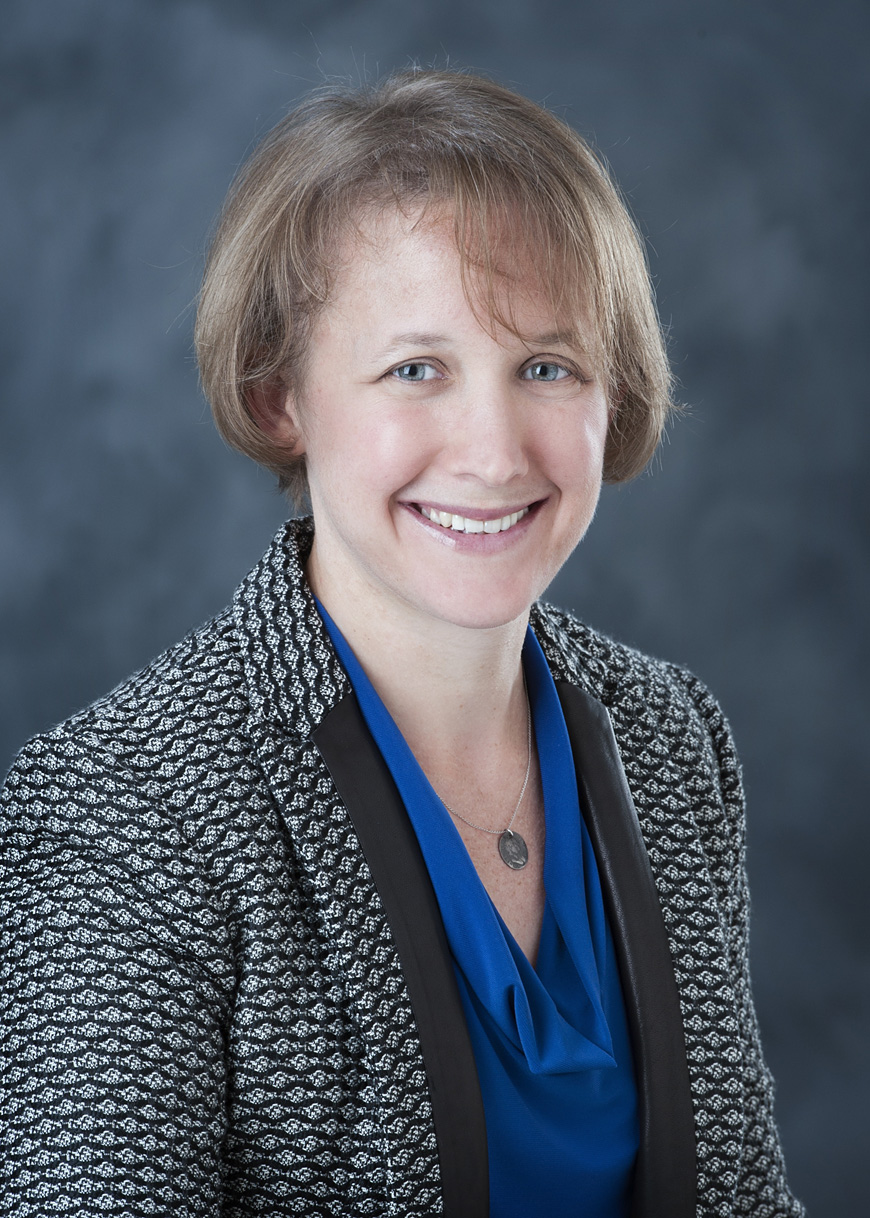Contact: Sasha Steinberg

STARKVILLE, Miss.—Ask her how she spent her summer, and Mississippi State faculty member Julia A. Osman offers an interesting reply.
After spring classes ended at the university, the associate professor began exploring how the proximity to military personnel and conflict in the 17th and 18th centuries affected the European public’s conception of war.
Clearly, not your typical beach-or-mountains answer, but really not surprising for a specialist in France, military history and the Atlantic world.
Osman, who joined the MSU Department of History in 2011, has dedicated two months of uninterrupted research to her quest. The project was funded by a National Endowment for the Humanities stipend awarded through a highly competitive application process.
In 2015, she authored “Citizen Soldiers and the Key to the Bastille.” Published by Palgrave Macmillan of London, England, the book examines France’s participation in the Seven Years’ War—sometimes referred to in North America as the French and Indian War—and the American Revolution.
In “Citizen Soldiers,” Osman showed how the French army was at the heart of its nation’s revolutionary, social and cultural changes. Her 2016 research is preparation for a follow-up history.
Osman said her time this summer primarily has been spent closely reviewing rare French publications in the British and Bodleian libraries, as well as various manuscript archives in France.
“I’m curious how military relations changed over that period and how civilians processed violence and conflict based on their proximity to it,” she said.
Osman said she is focusing on how civilians’ understanding of war “taking place in their own backyard” compared to the perceptions formed through their readings of battle accounts in newspapers and other publications of the times.
A Starkville resident, Osman earned a history degree with highest honors from Virginia’s College of William and Mary before going on for a master’s degree in European history and doctorate in early-modern French history, both at the University of North Carolina, Chapel Hill. For more, see www.history.msstate.edu/people/julia-osman.
She said this latest research effort has been “fascinating” in that it enabled her “to see the difference in the way that people wrote about conflict in the 17th versus the 18th century.”
While the work required close scrutiny of some very old source materials, she also has had the chance to “get feedback from others in the field,” adding that “being a part of the conversation means the quest for understanding the past can continue.”
Part of the College of Arts and Sciences, MSU’s Department of History offers bachelor’s, master’s and doctoral degrees. For complete information, visit www.history.msstate.edu.
MSU is Mississippi’s leading university, available online at www.msstate.edu.